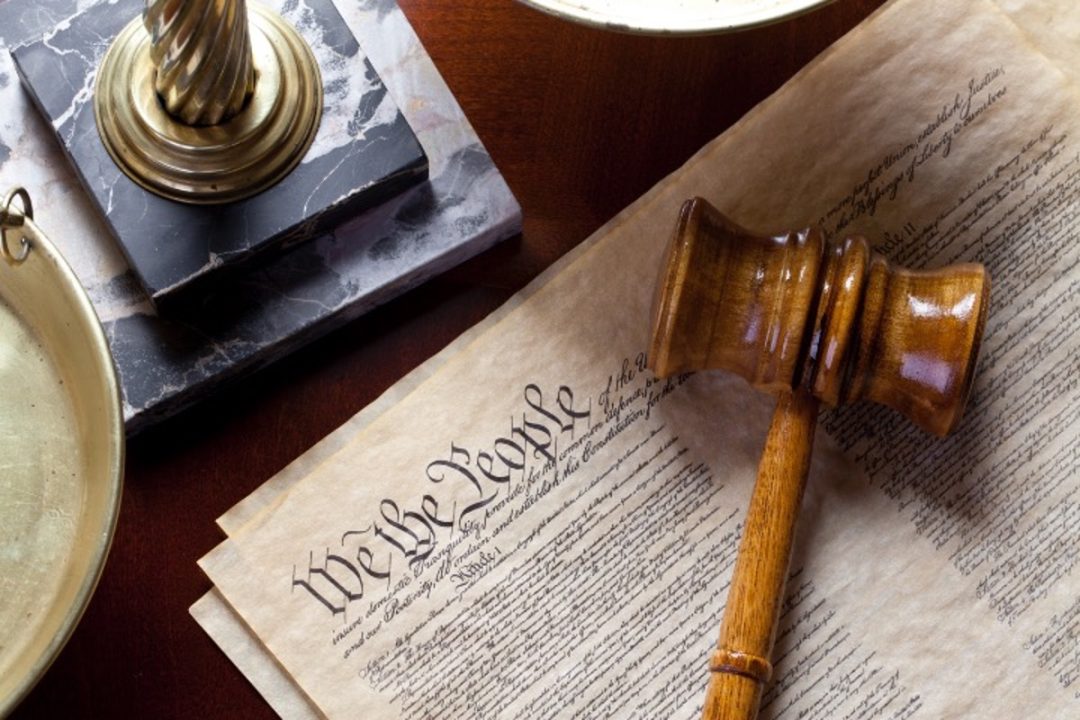
In a decision that re-asserts lawful executive authority against the tide of judicial obstruction, a three-judge panel of the 9th Circuit Court of Appeals has struck down Judge Karin Immergut’s injunction that had barred President Donald Trump from deploying federalized National Guard units to Portland.
The ruling breathes new life into the president’s constitutional duty to “take care that the laws be faithfully executed” — a duty that does not dissolve simply because it displeases the bench or the mob. Judge Immergut’s original order, cloaked in the language of “constitutional restraint,” effectively stripped the executive of one of its oldest and most essential powers: the ability to quell insurrection and enforce federal law when local authorities refuse or fail to do so. Her argument — that Trump’s portrayal of Portland as “war-ravaged” was “untethered to the facts” — ignored the reality of two years of sustained lawlessness, vandalism, and violent intimidation that plagued the city while local leaders stood by wringing their hands.
The 9th Circuit, to its credit, recognized that the Constitution does not subordinate the executive to the passions of local politics. Citing the president’s statutory authority under 10 U.S.C. § 12406 and the Insurrection Act, the court affirmed that the federal government may call up National Guard troops when “the laws of the United States are opposed or obstructed.” This is not martial law — it is constitutional order. The president is not above the law, but neither is he beneath it.
Not a Blank Check
Yet this should not be read as a blank check for federal intervention. The Founders designed a delicate balance between the powers of the several states and the national government. Federal deployment within the states must be an exception, justified by manifest necessity — not a routine tool of executive convenience. The proper question is whether the government of Oregon has, by omission or design, permitted an environment where federal law cannot be enforced. If so, the president’s action, though extraordinary, is both lawful and moral. Judge Immergut’s misplaced idealism would have left citizens and federal property at the mercy of mobs. The appellate court’s ruling restores a modicum of sanity: the recognition that liberty cannot long survive if law collapses. Order is not the enemy of freedom; it is its guardian.
Let the states govern themselves, yes — but let no governor or judge make anarchy a sanctuary.
This article is part of The New American’s weekly online newsletter Insider Report, which is emailed to TNA subscribers each week. Click here to subscribe to The New American to receive the Insider Report and access exclusive content.











